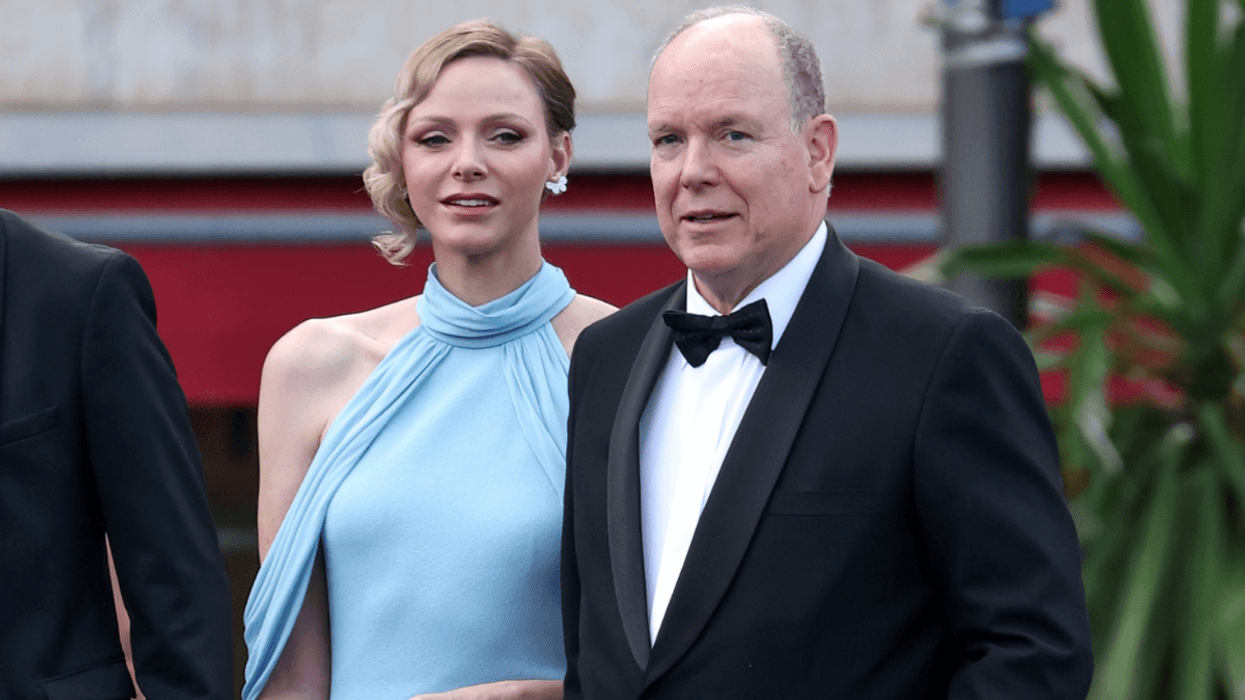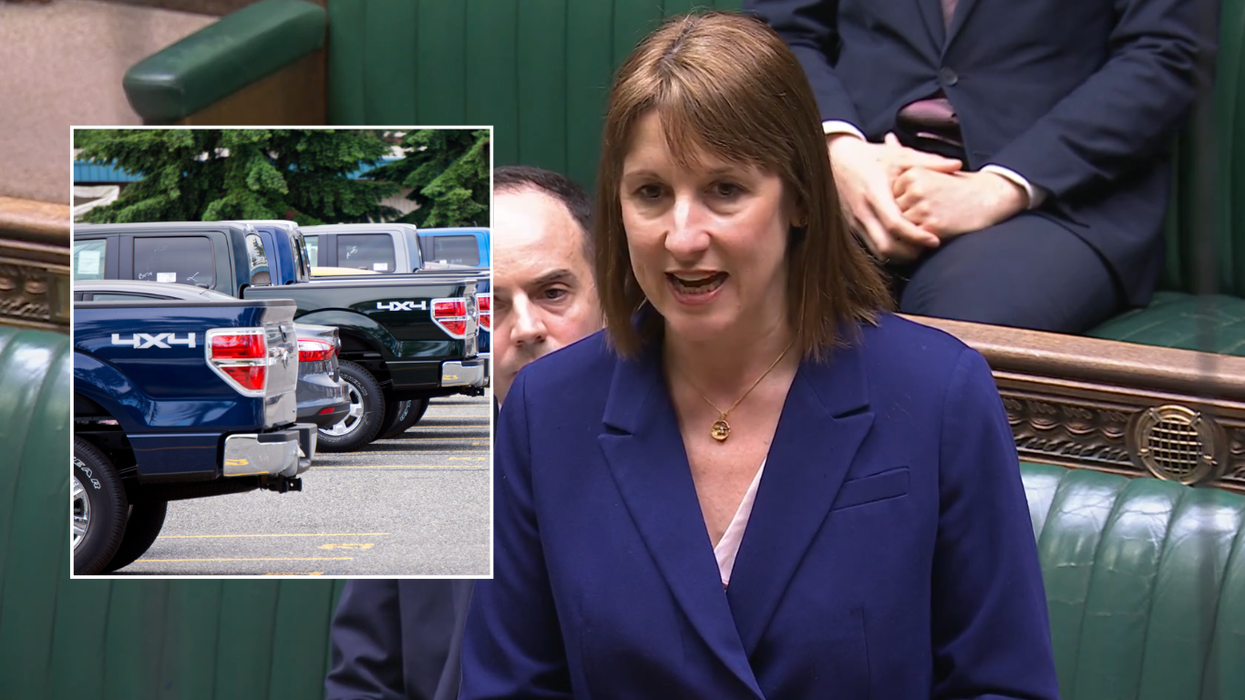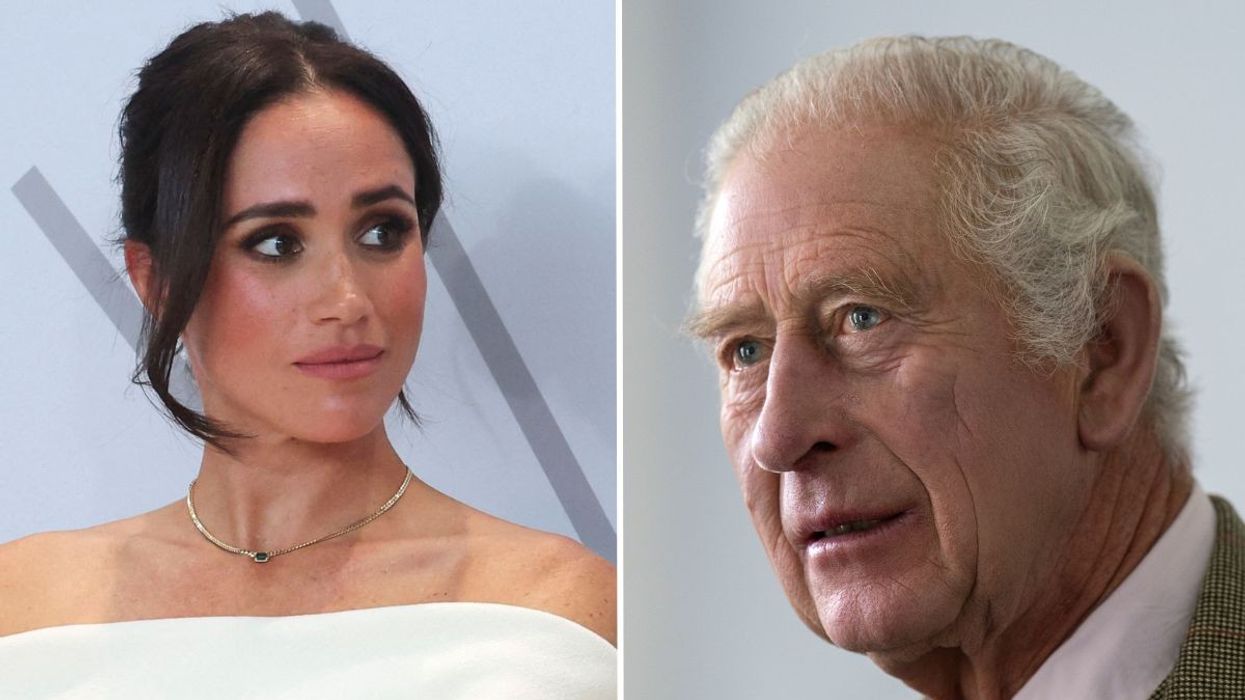James Sunderland MP says he can see how many of the British public have lost faith in MPs
PA
James Sunderland is the Conservative MP for Bracknell
Don't Miss
Most Read
Last week, a constituent gleefully told me that “artificial intelligence will soon replace MPs”.
To her chagrin, I tried to reassure her that democratic countries will continue to need their politicians, but it is easy to understand why many of the British public have lost faith in their elected representatives after years of negativity, scandal, and perceived mediocrity.
While it is easy to admire the problem, what is the solution?
For me, politicians broadly reflect the society they come from, no more and no less.
Everyone makes mistakes but the unique demands of public life, a discerning media, raw opportunism from opponents and online demonisation exacerbate the costs of failure.
Whilst the expenses furore before 2010 did cause serious damage, the creation of IPSA has made it almost impossible to submit dodgy claims since - wilfully or otherwise - and fierce public scrutiny means that there is zero tolerance for bad behaviour.
In short, the bar is now set much higher and there is no hiding place.
More recently, the significant over-regulation of our daily lives during the pandemic failed to endear politicians to the public.
While big decisions were necessary for health reasons, many people just became bored of seeing the same faces on TV. Indeed, like football referees, the best politicians are probably those you don't notice.
So given that most of us just want our politics to be "light touch", there is a case for suggesting that a tiny handful of MPs could endear themselves more widely by doing what they are paid to do without fuss or fanfare.
Given the fierce 24-hour workload, being a good MP could simply mean making sound decisions, saying the right things and being more locally responsive, in other words by being neither distant nor intrusive.
Commentators have claimed in the past that there are ultimately two kinds of MP; those who want to be someone and those who want to do something.
I do not subscribe to this simplistic, binary, or unfavourable view but there is perhaps some logic in just concentrating on quietly doing the job without seeking to make a big splash.
Good politics must of course be about the policies, not the politicians.
But beyond the avoidable self-harm, the brand still has further to go. Incendiary political journalism, overt bias in the media and toxicity on social media continue to harm the relationship with those we serve.
Sadly, familiarity breeds contempt and the polarisation, rhetoric, and abuse that are now commonplace have become self-fulfilling by making negativity ever more acceptable.
And beyond party politics, the risk for our democracy is that people disengage altogether, which would be a shame.
However, like many of my colleagues, I share the view that we can do it differently by embracing a kinder form of politics, operating as part of a team, and adopting a more consensual approach that brings people together.
A degree of polarisation is clearly inevitable with any key issue, but the reality is that most MPs work hard, decently, in good faith and always do what they can to those they represent.
Contrary to popular perception, politics is still a noble profession, and this positive narrative must be regained.
Public life is also about output and delivery, not about self-promotion, the cult of personality or even excessive ideology.
It's a hard balance to strike for any politician who is keen to fulfil his or her potential by climbing the pole, but it remains a fact that just serving others and exercising caution will result in fewer headlines.
Lastly, the media has a key role to play here by reporting more objectively about what is being delivered and by leaving the personal stuff out, particularly if it is not in the public interest.
But by the same token, political parties also need to employ as much diligence as possible to ensure that they recruit the statesmen and women that we desperately need.
Importantly, many of our most credible politicians tend to be blessed with the life experience to do the job, the gravitas to make bold decisions and the communication skills to explain why.
This is the core challenge affecting the next generation of politicians, and the major parties would be wise perhaps to return to a system that is fully focused on meritocracy, with the incentivisation to boot.
READ MORE OPINION:
So, can we conclude that people have lost faith in politics?
Yes, but we can also conclude that it is possible to get it back.
This can be achieved by strengthening the bond with those we represent, by reaffirming the basic principles of service, setting the right example, and dealing more decisively with ill discipline.
Yet transgressions must be dealt with quickly and above all fairly - as a core tenet of British Law, politicians must always be "innocent until proven guilty", not the other way round.
Thankfully, there are still enough good people out there who are willing to step into public service, despite the negativity, and I am privileged to work alongside many of them on both sides of the House.
Our political system in the UK also remains a global bastion of democracy so we should be mindful that it has survived the test of time.
And whilst politicians do not want it easy, and rightly deserve to be tackled when the cap fits, we should all perhaps just take a pause before pressing send!




































